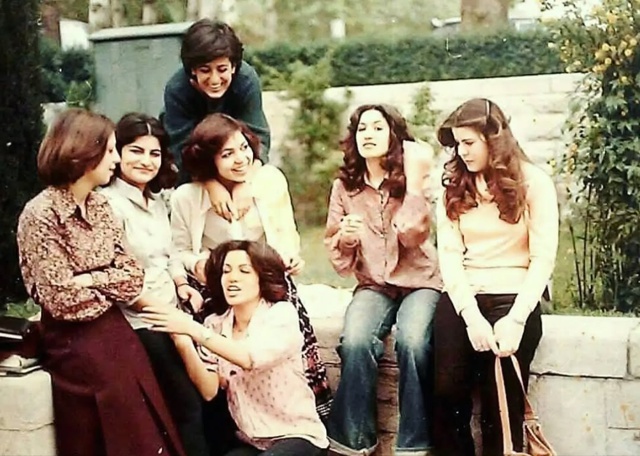Professors played a dual role: some aligned with the ruling power, while others used their classes, lectures, and writings to question injustice. Even subtle critiques became influential. Their writings, even when censored, often circulated privately and helped shape emerging revolutionary thought. University theater groups, literary societies, and art clubs frequently expressed dissatisfaction through symbolic or metaphorical works.
These turning points not only united students but also inspired broader segments of society to join the growing call for change. This ideological diversity not only enriched academic debates but also intensified generational conflict between progressive students and traditionalist administrators. A clear generational divide often marked the pre-revolutionary university environment. Older faculty members, shaped by years of conformity or loyalty to the regime, preferred stability and caution.


